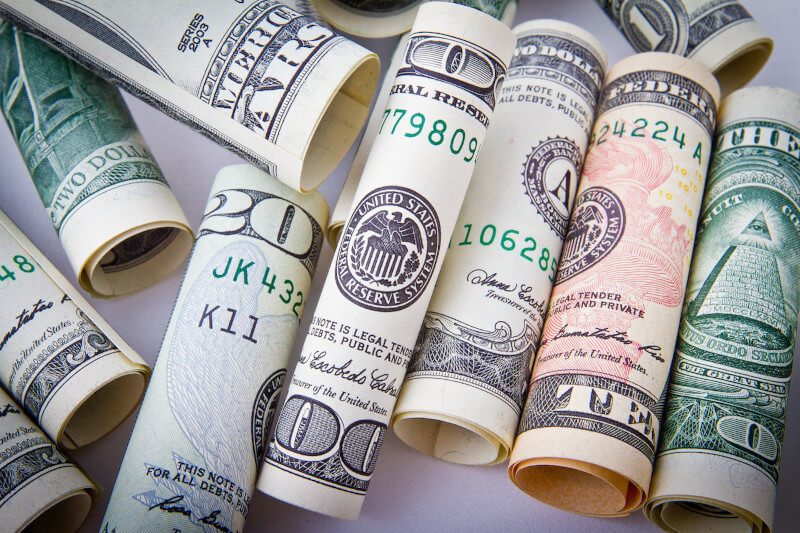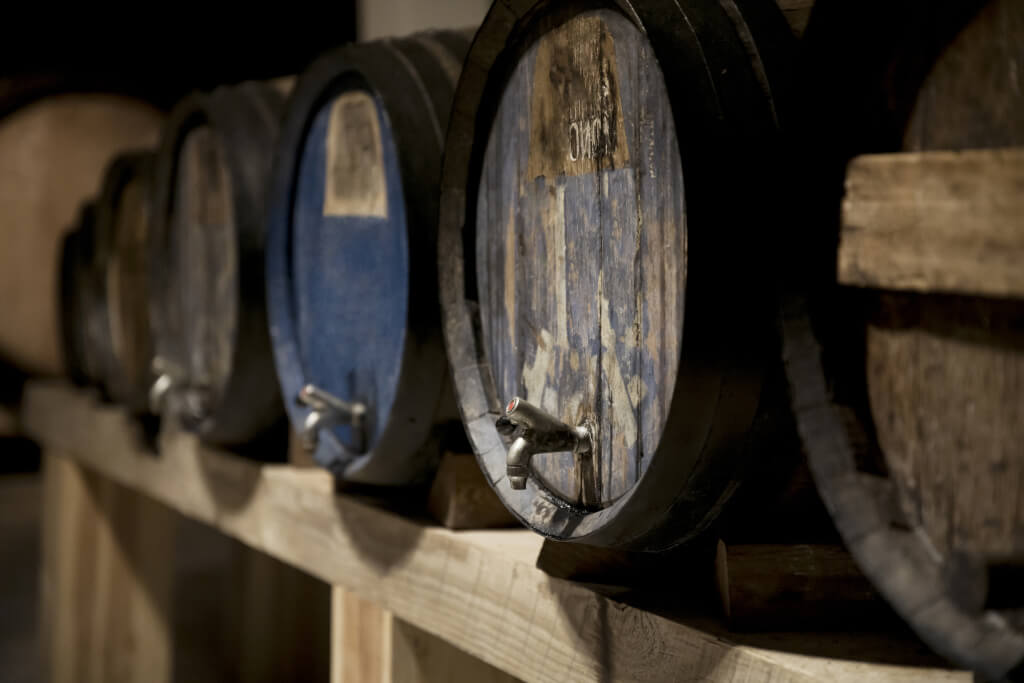For decades, thousands of foresighted investors have gotten rich off of the whiskey industry’s booming economy. Whiskey casks are a good investment since single malt whiskey typically increases in value as it ages. Whiskey is an excellent addition to any investment portfolio since it has a stable value and a proven track record of providing high profits.
What Are Whiskey Casks?
Bullish investors have turned to whiskey casks, even though bottles with upscale labels are the greatest entry point for most retail investors. The three-year aging phase for whiskey means that distilleries often go for long stretches without a financial infusion from sales. Distilleries regularly sell their unaged whiskey casks to investors to make ends meet and free up storage space. Distilleries frequently resort to the wholesale sale of whiskey casks to bridge the production gaps between runs.
Whiskey casks offer investors a chance to capitalize on a rising commodity price by purchasing a physical asset. Even though the minimum age for most whiskies is only two or three years, many whiskey casks have the potential to increase in value forever as the whiskey within only improves with age. All whiskey aged in barrels is a safe investment, but Scotch and Bourbon have historically been the best performers.
For What Reasons Do Whiskey Casks Make a Good Investment?
When you consider that creating whiskey takes years and that the distillers need a lot of working capital, it’s easy to see how investing in whiskey casks might yield a respectable return: the process takes a decade or more from start to finish. While waiting, though, no money is coming in. Long term, so long as there are people drinking whiskey (and right now, whiskey is gaining popularity), you should be compensated for taking this risk.
Advantages of Buying Whiskey Casks
Whiskey Barrels Have Always Produced Solid Returns Throughout History
The past might reveal crucial information about an investment’s potential. Each investment asset in a portfolio must have supporting evidence of its long-term profitability. While there are many good reasons to invest in whiskey, the most compelling is surprisingly straightforward… Better returns are possible.
Whiskey casks have returned an average of 22% every year over the past five years, with popular distilleries generating even bigger gains. Very few physical assets can claim to have grown at such a steady rate across every economic climate.
Achieving Maturity

The value of whiskey barrels increases exponentially over time. Whiskey cask investing is one of a kind since the spirit inside the barrel keeps developing over time. Whiskey stored in a cask, in contrast to other physical assets like precious metals, property, or art, naturally improves with age. Because of this remarkable quality, whiskey’s worth increases dramatically the longer it is kept in a collection. In general, the value of a cask will approximately double every 5 years it is aged.
Whiskey Barrels Are Physical Assets With Genuine Underlying Worth
Top investors are increasingly counting on physical assets as a means of wealth preservation. Unlike “paper” instructions like stocks, bonds, and mutual funds, which only grant limited control over investment, real assets grant full ownership and management. You can visit the government-bonded warehouse where your whiskey casks are stored and verify the ownership records at any time. Whiskey casks are more than just a collectible; their worth is determined by more than just market demand. The whiskey stored in barrels can be bottled and sold regardless of the state of the economy.
They Origin
It is impossible to forge or fake whiskey casks. The Scottish government imposes tight regulations on the storage and distribution of Scotch whiskey, requiring that each cask be kept in a bonded warehouse and meticulously recorded from the time of distillation. These rules were put in place by the industry to guarantee that any bottle claiming to contain Scotch Whiskey is genuine and up to par. There is no need for investors to worry about the authenticity of each whiskey cask, unlike the situation with other types of tangible assets like art and antiquities.
Continuity of Funds

The secondary market for whiskey casks is a bustling marketplace. Through its relationships with independent bottlers, top auction houses, and tens of thousands of investors, Braeburn Whiskey has access to a vast network of potential cask buyers. Many people are always on the lookout for casks to bottle or store for future value growth. With a touch of a button in their Braeburn Whiskey online portfolio, investors can sell their casks at any time and for any price they choose. Our group assists in the supervision of valuation, payment, and title transfer.
Disposable
Whiskey casks are unlike any other investment option because of their consumable nature. Millions of casks’ worth of alcohol are bottled and sold to fans all over the world every year. As the stock of well-matured casks is exhausted to make bottles, this dynamic contributes to the economic strength of whiskey investment.
There Is a Growing Need
The globe over, whiskey consumption is on the rise. The strong surge in single malt scotch exports has persisted and shows no signs of abating. The export market for spirits saw a remarkable 11.3% increase in 2018, with total sales exceeding £1.3 billion. The value of blended scotch whisky has increased by 7.8 percent and is now more than £3 billion. The United States market is leading the push, having become the first overseas market to reach a billion pounds in 2018. The markets of both Asia and the Americas have also seen impressive growth. The requirement for casks of matured liquid will only increase across the sector as demand for whiskey increases and distilleries struggle to raise production.
Scarce Resources
Whiskey with a good age profile is getting harder to come by. The whiskey business has experienced unexpected growth over the past decade, keeping distilleries busy, but it is not enough to meet demand. Despite ongoing expansions, considerable gains in output cannot be expected for many years, and it will be even longer before the new output has any discernible effect on existing supplies. Due to these production limitations, cask investors stand to gain even bigger gains over the next few years.

